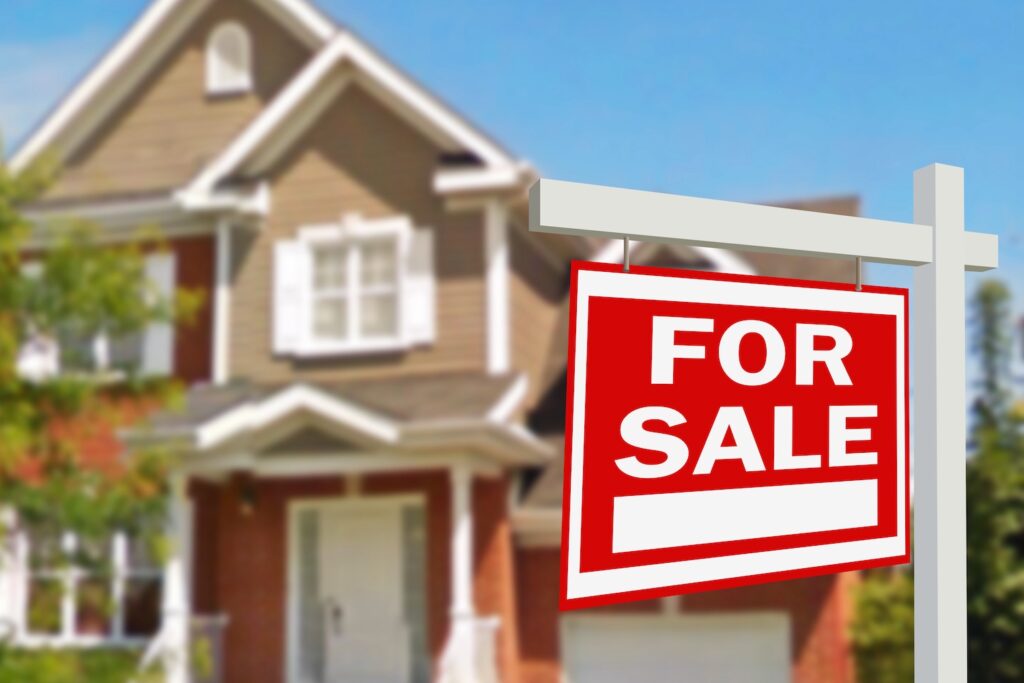9.15.25
Selling A Home When You Have a HELOC or Home Equity Loan

See how home equity loans are handled when a home is sold.
Can you sell a house with a HELOC or home equity loan? Yes, and home sellers do so every day! How the details play out, however, depends on several factors. Here’s a quick overview of what affects loan payoff.
At the closing of the sale, lien holders are paid first
When you sell your home, parties who hold a lien, or legal claim, against the house are paid off first. Most often, lienholders are lenders who have provided a primary mortgage or home equity loan or home equity line of credit. In some cases, other parties may have a lien on the hold. For example, a contractor who did work on the home but did not get paid can file a lien on a property to get what they’re owed.
For the purpose of this article, we’ll only focus on lienholders who issued a mortgage or a home equity loan or HELOC. The process for selling a home with either a home equity loan or HELOC is the same and we’ll just refer to home equity loans from here on.
When paying back a home equity loan, the home seller may also have to pay for other charges. For example, the lender may charge fees for administration, early termination, legal services or prepayment penalties.
When the buyer has positive equity
Paying off a home equity loan is straightforward when the seller has positive home equity. That is, the home is worth more than the liens against it.
Here’s how it works for hypothetical seller named Taylor who pays off a home equity loan with the sale of her home. Taylor’s home sells for $320,000. She owes $150,000 on the primary mortgage, and $60,000 on a home equity loan she used for remodeling. Taylor has positive equity of $110,000 ($320,000-$150,000-$60,000=$110,000). Even after paying a real estate agent commission she’ll walk away from the closing with money.
When the buyer has negative equity
Not every seller is in Taylor’s enviable position. Some homeowners are what’s called underwater, where they owe more than the house is worth. They have negative equity.
Negative home equity can happen when home values depreciate due to economic factors, like a housing bubble or recession. Homeowners who buy a home with little or no down payment are more susceptible to negative equity when there’s even a slight drop in housing prices.
Negative equity may have no effect on homeowners who plan on staying in their home a long time as long as they make timely payments.
A home owner with negative equity who wants to sell their home needs to weigh their options carefully. These include:
- Wait to sell until the home equity loan is paid off or property values increase
- Use cash to pay off the loan and proceed with the sale
- Obtain a personal loan to pay off the home equity loan and proceed with the sale
Find out more
Learn about the difference between home equity loans and HELOCs here. You can also find out more about Consumers home equity loans and HELOCS by calling us at 800.991.2221, or reaching out to one of our mortgage loan officers.
 All loans subject to approval. Rates, terms, and conditions are subject to change may vary based on credit worthiness, qualifications, and collateral conditions.
All loans subject to approval. Rates, terms, and conditions are subject to change may vary based on credit worthiness, qualifications, and collateral conditions.



